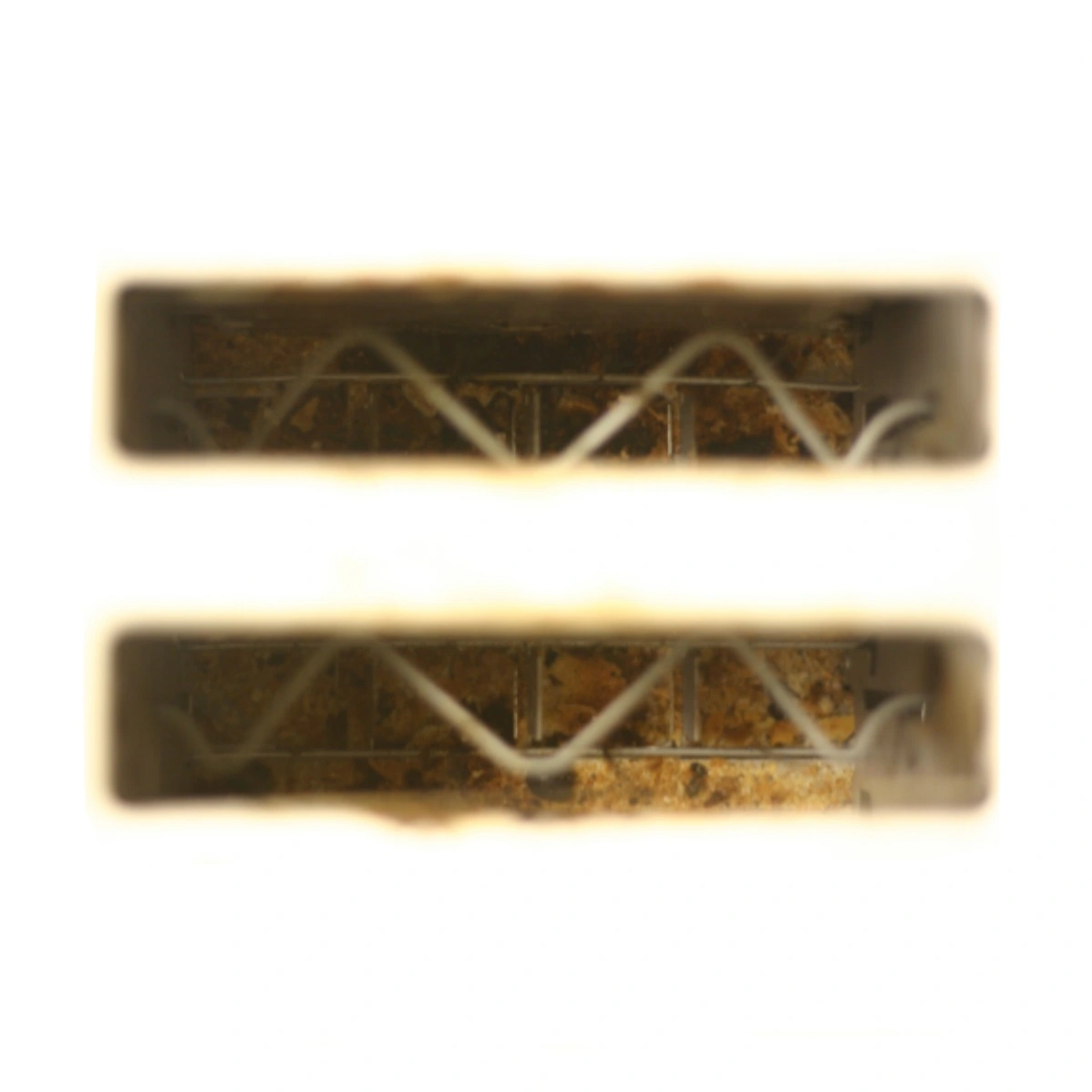For those of us in North America, we’ve all been to a cafe and ordered a beverage to go, only to be met with that familiar “Choose tip amount” prompt…
Then comes the dilemma: do I tip?
My gut reaction is to tip 12% and save face — “I don’t want to look like a cheapskate”. However, I have never been to this cafe before. Do I really need To Insure Prompt Service after filling my travel mug with joe? Yet, in the back of my head, I know that their employer is paying them as little as possible, guilting patrons like me into filling the gap in their wages.
I’d indignantly prefer to use my tips on the cafe I frequent, the baristas I know, or the times I choose to and not because I was asked. Perhaps withholding it and “voting with my money” for the business owner to pay their staff fairly instead is the best choice.
But they’re underpaid.
As you can tell my monologue, I have yet to find an answer to constantly being asked to tip in situations where I would not have of my own accord.


Can you tell me more about why you consider it stealing their labour?
Because the labor is provided with the expectation of payment for it. If you buy eggs from a roadside stand, you don’t just grab them and leave, you put your cash in the honor box. It’s the same thing.
I disagree, it is clearly the owner of the shop that is stealing wages by underpaying their service staff.
The best you can do as a customer is to not shop at such places at all.
If you’re wedded to the model that allows workers to sell their labor only to capital.
But I support the emergent, organic, worker-friendly pay structure that we call “tipping”.
Also called exploitation…
If tipping is required in order for the worker to receive full payment for their labour, then would the employer’s wages not be insufficient?
The employers pays a nominal wage (and guarantees a higher one, not that this is needed often) for the server to be present and also for light cleaning.
The bulk of a server’s compensation does not come from the employer, but directly from the consumer.
Instead of consumer paying the business for the server’s labor, and the business taking a cut before passing a set amount onto the server as wages; the server sells their labor directly to the consumer and gets the full amount without the business taking a cut. More of the money goes to servers under the tipping model, whole also giving more control to the consumer, while also lowering labor cost for the business. It’s a win for everyone involved. I call the tipping system “emergent” because it could probably not have been designed; only evolved to be as efficient as it is.